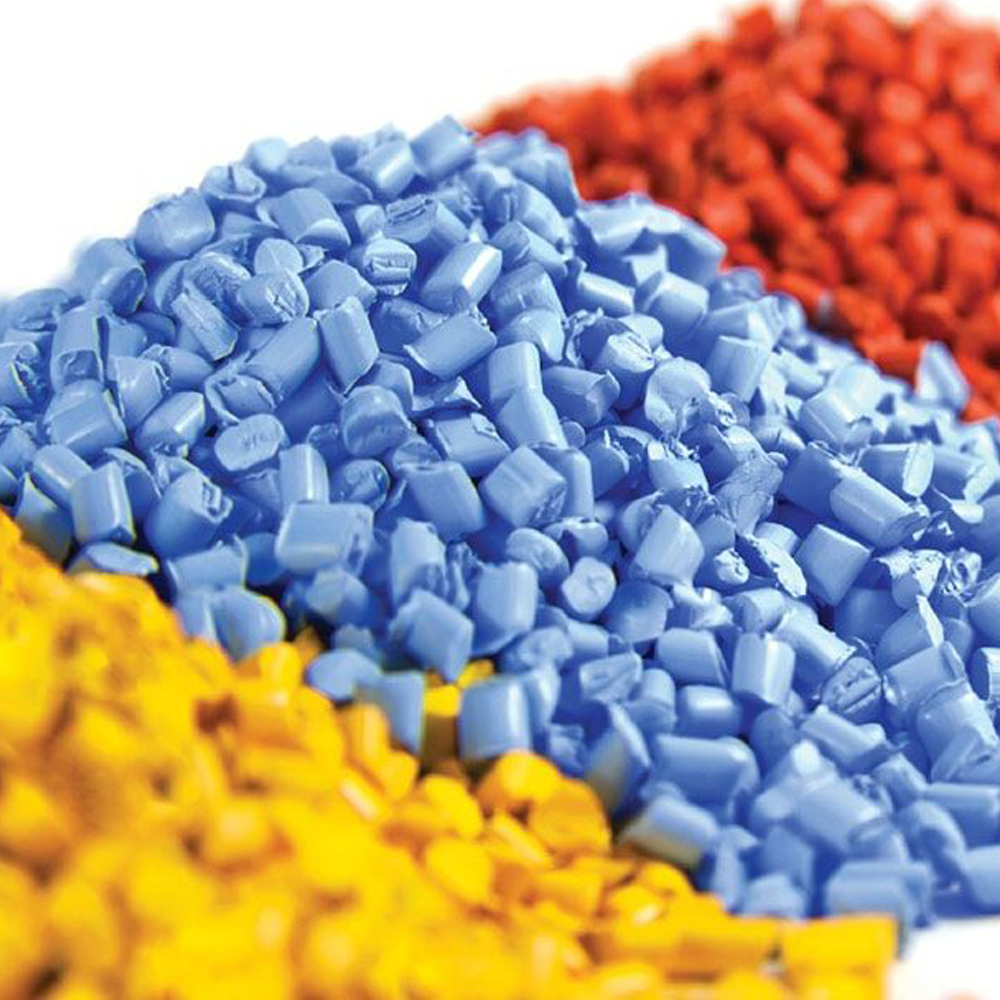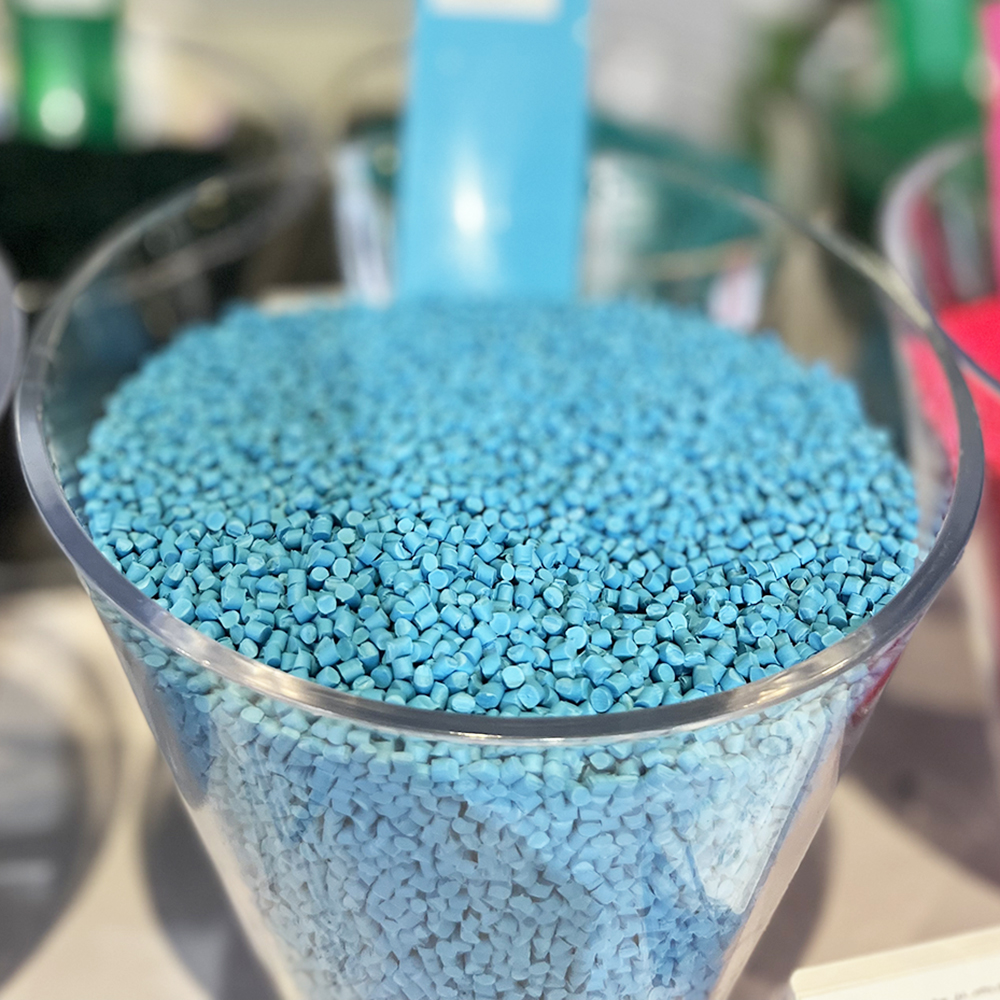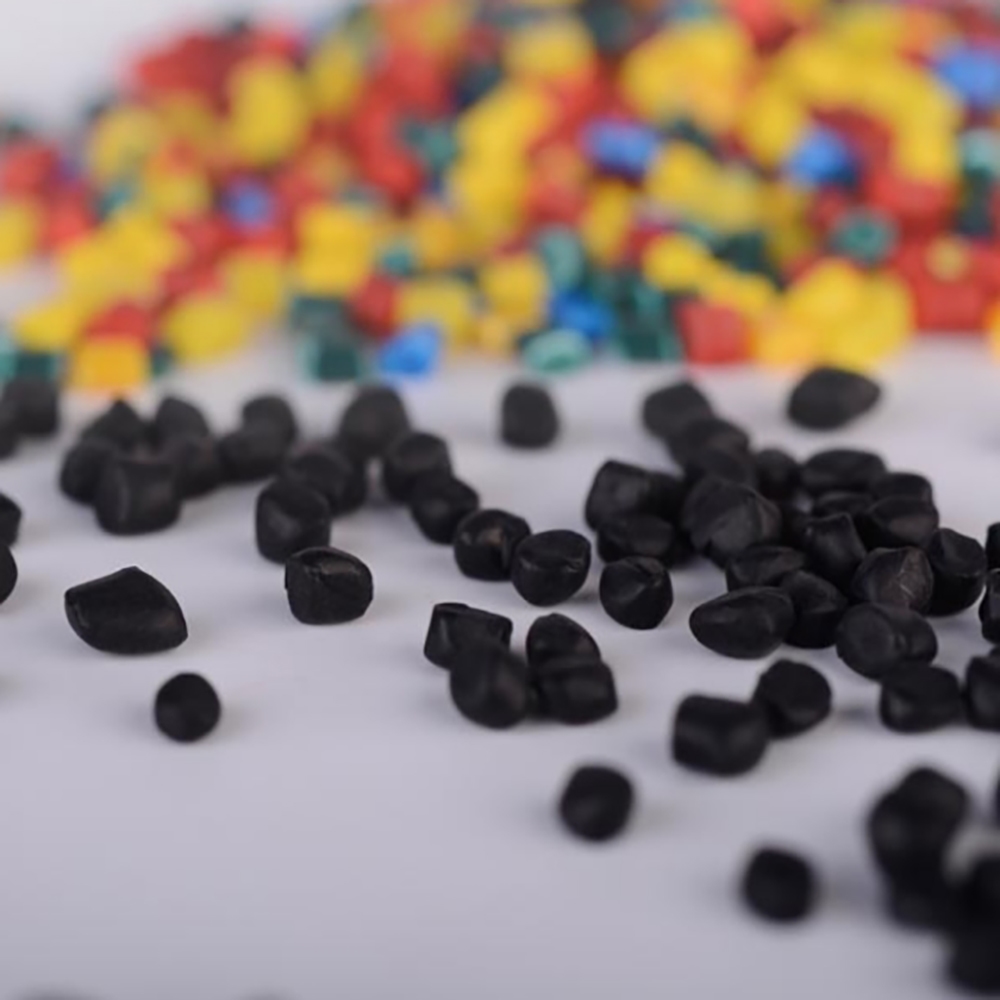
Most Common Seven Types of Masterbatch
Discover the world of masterbatch additives in this comprehensive guide to the seven most common types of masterbatch used in the polymer industry.
This article delves into what masterbatch is and highlights the key benefits it brings to manufacturers and processors, including specific types like black masterbatch, white masterbatch, PET masterbatch, flame retardant masterbatch, and color masterbatch.
Masterbatch (MB) is a concentrated solid additive used to color plastics (color masterbatch) or modify their properties (flame retardant masterbatch and others). These mixtures combine pigments and/or additives with a carrier material, such as resin or wax, forming granules or solid blocks after cooling.
Different types of masterbatch, like black masterbatch and white masterbatch, are widely used to create consistent shades, while specialized variants like PET masterbatch are designed to enhance properties in specific polymers like polyethylene terephthalate. Masterbatch simplifies the coloring process and adds functionality to plastics while being a cost-effective solution for secondary processors.
Achieving uniform dispersion of colorants and additives is a common challenge in polymer processing.
Masterbatch, whether it’s color masterbatch for vibrant hues or flame retardant masterbatch for added safety, provides a pre-mixed solution that ensures even distribution. This results in consistent coloration and reliable property enhancements in the finished product.
Masterbatch offers financial benefits in several ways:
Thanks to their high concentration, masterbatches are used in small quantities relative to the natural polymer. For example, just 25 kg of black masterbatch can modify one ton of polymer. This allows manufacturers to optimize production costs and maintain precise additive ratios.
As a solvent-free material, solid masterbatch boasts a longer shelf life than liquid alternatives. This eliminates concerns about solvent evaporation, ensuring that the additive retains its effectiveness over time. Variants like white masterbatch and PET masterbatch are particularly valued for their stability in long-term storage.
Masterbatch adapts well to various polymer processing techniques, such as injection molding, extrusion, and blow molding. Its wide applicability makes it suitable for enhancing both the appearance and functionality of plastics in numerous manufacturing processes. Whether it’s color masterbatch for aesthetic improvements or flame retardant masterbatch for safety applications, masterbatch solutions are integral to diverse industries.
Manufacturers can customize masterbatch formulations to suit their specific needs.
This flexibility allows for the creation of bespoke color shades using color masterbatch, or the incorporation of safety-enhancing features with flame retardant masterbatch, tailored to unique applications and industries.
Masterbatch contributes to better physical properties in plastic products, such as increased durability, stiffness, adhesion, printability, and even permanent electrical conductivity when needed. For instance, PET masterbatch can enhance clarity and strength in packaging materials, while black masterbatch and white masterbatch improve UV resistance and opacity in products.
By eliminating the need to mix additives and raw materials on-site, masterbatch simplifies manufacturing processes. This reduces labor costs, minimizes errors, and enhances overall process efficiency.
Certain masterbatches, like PET masterbatch, can be formulated to support sustainable initiatives. Recyclable and biodegradable options help reduce the environmental impact of plastic products, aligning with growing demand for eco-friendly solutions.
Using masterbatch, particularly black masterbatch and white masterbatch, improves UV protection for plastic products exposed to sunlight. This makes them ideal for outdoor applications, extending product lifespan and maintaining visual and structural integrity.
Masterbatch formulations can include antimicrobial additives, offering protection against bacteria and fungi. These are particularly valuable in industries like healthcare and food packaging, ensuring hygiene and safety standards are met.
Masterbatch has established itself as a transformative tool in the polymer industry. Offering cost-efficiency, improved dispersion, enhanced material properties, and customization options, it helps manufacturers achieve higher quality and productivity. Specific products like black masterbatch, white masterbatch, PET masterbatch, flame retardant masterbatch, and color masterbatch have proven invaluable for various applications. As technological advancements continue, the role of masterbatch in plastics manufacturing is expected to grow even further.
Iplastar’s team of experts provides tailored color and additive solutions for the polymer industry. Their innovative carrier systems ensure clients receive precise toners and additives, including color masterbatch, PET masterbatch, and flame retardant masterbatch, in both pellet and powder formats. Delivering exceptional results across a range of applications, Iplastar is a trusted partner in advancing polymer technologies.
Learn more knowledge and trends in masterbatch industry from our blog.

Discover the world of masterbatch additives in this comprehensive guide to the seven most common types of masterbatch used in the polymer industry.

In the realm of plastic product manufacturing, safety stands as a paramount concern. Beyond its role in achieving consistent color and properties, masterbatch proves to be a crucial element in ensuring both your safety and the safety of the products you create.

The field of plastics manufacturing is continually advancing, driven by innovations in materials and processes that cater to diverse industry needs. One such breakthrough is the use of masterbatch, a solid additive that has become essential in polymer processing.
©2023. Masterbatch Manufacturer All Rights Reserved.
Our team will send back the best offer in 20 minutes.